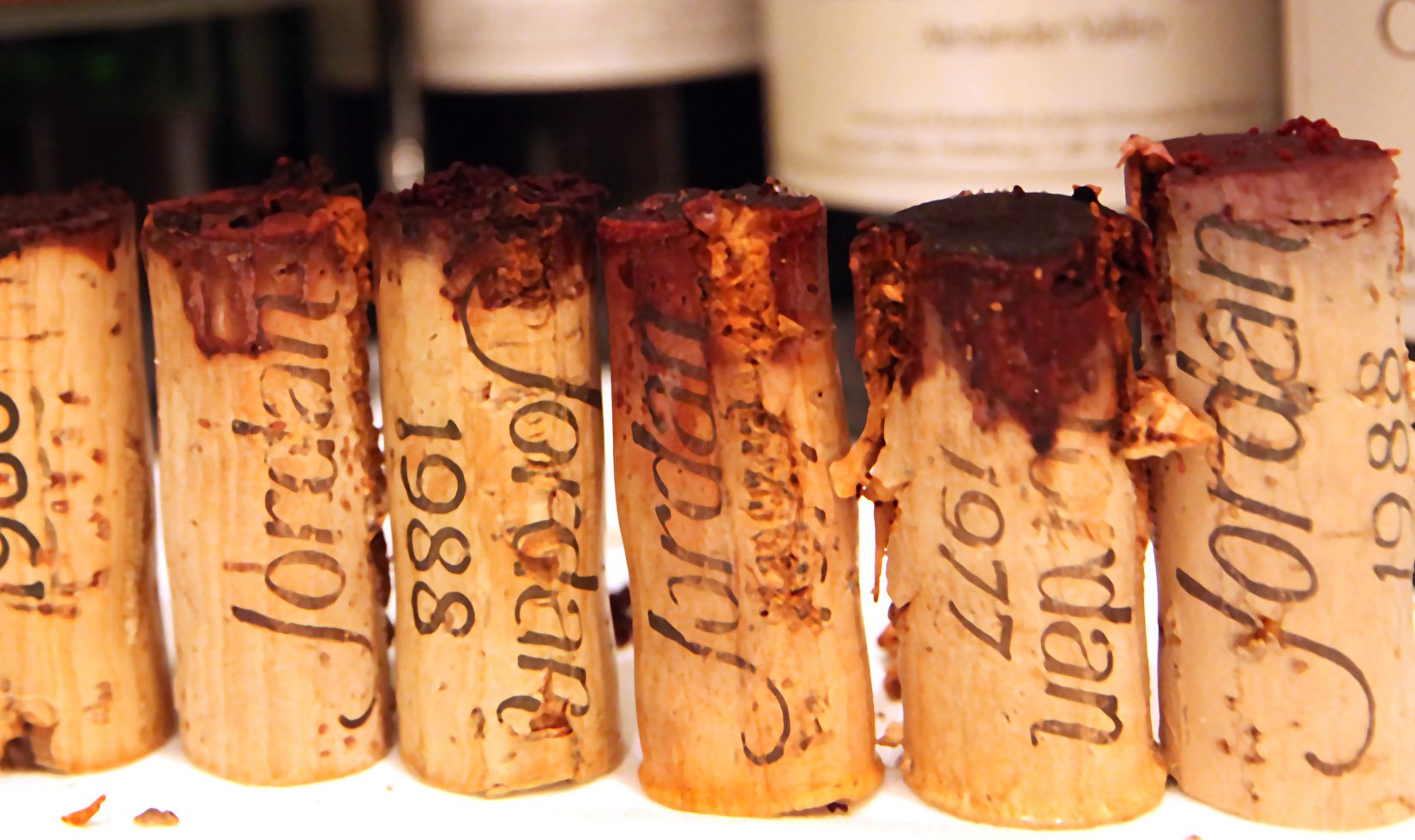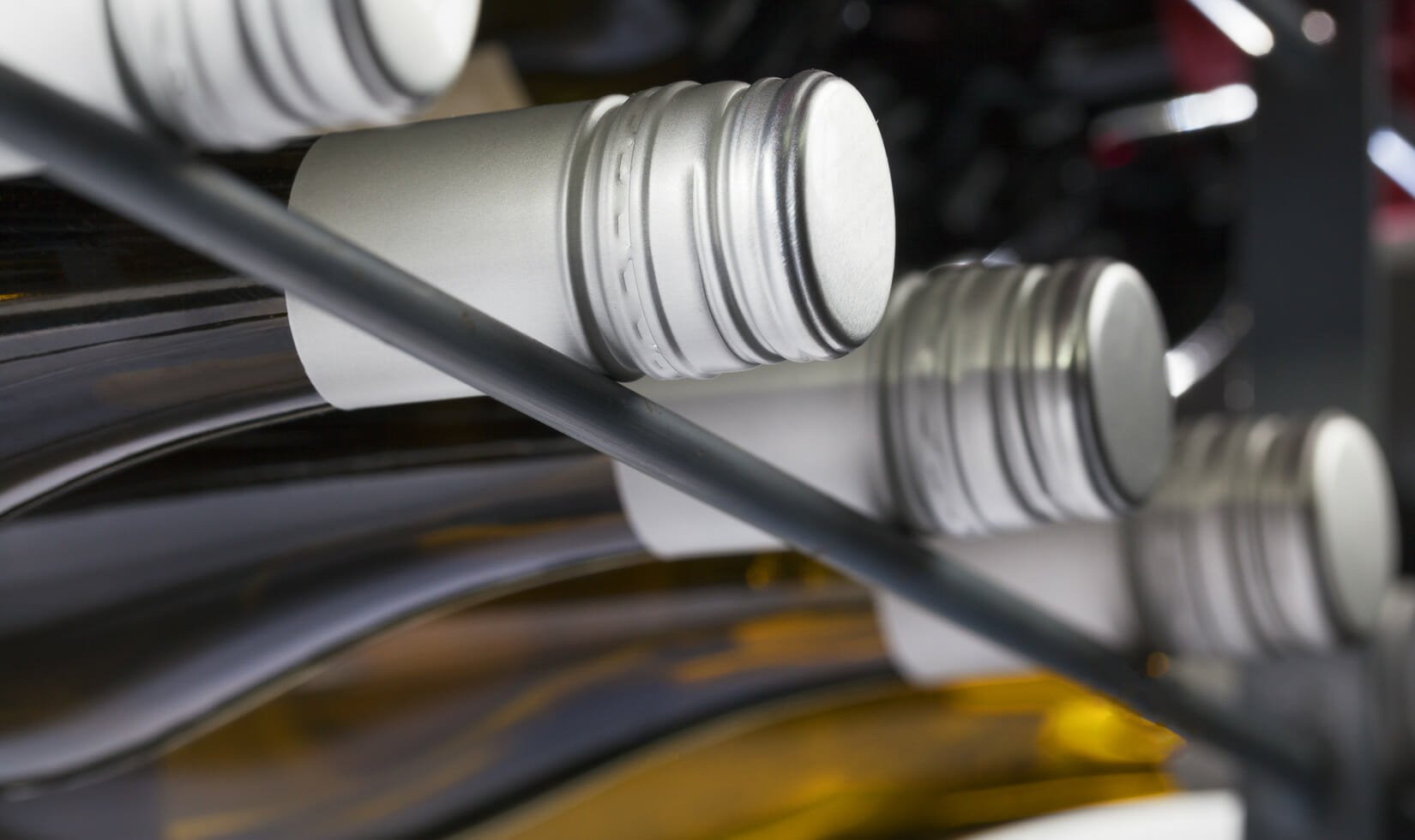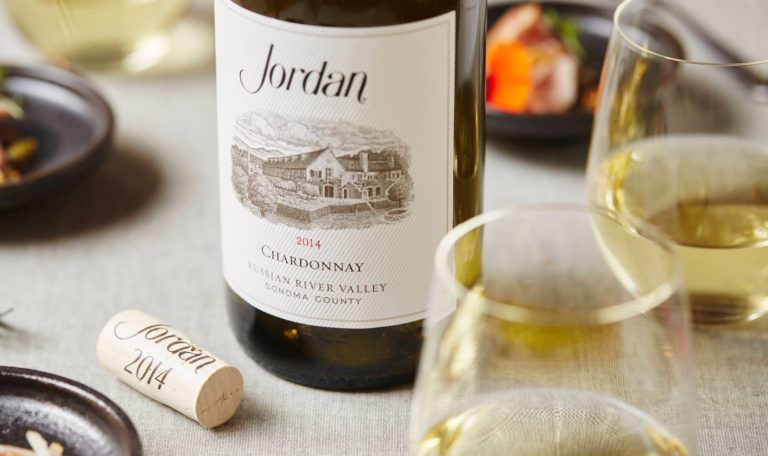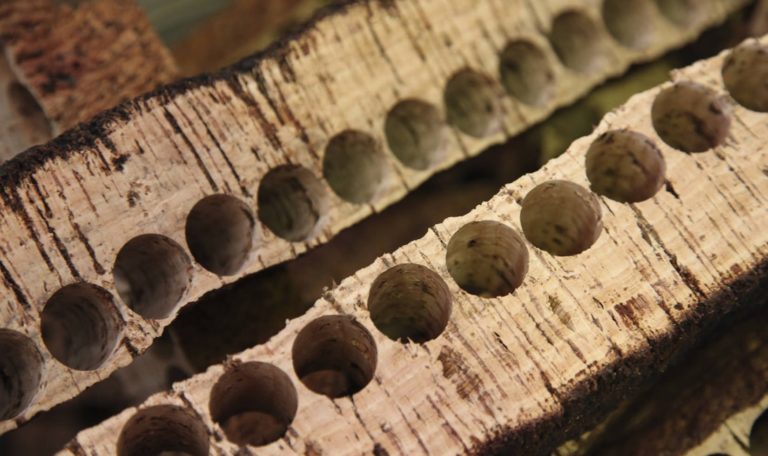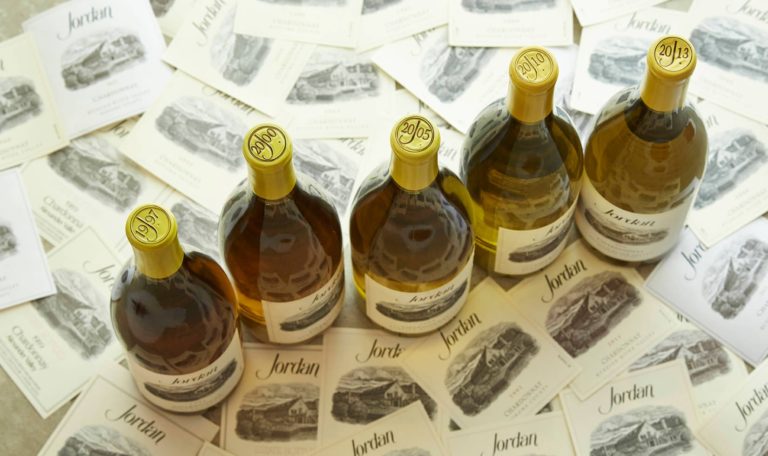Wine corks are a very serious business at Jordan. When it takes four years from harvest to release for a bottle of Jordan Cabernet Sauvignon to be uncorked by our customers, we want to do whatever we can from a winemaking quality standpoint to ensure that the wine shows its best. That’s why we spend some much time and money on the corks that seal Jordan wines. We use only 100% natural wine corks from Portugal for sensory and sustainable reasons included in our how corks are made blog. Here are 10 fun facts about Jordan wine corks that might surprise you.
Fun Facts About Jordan Wine Cork Selecting, Testing & Bottling
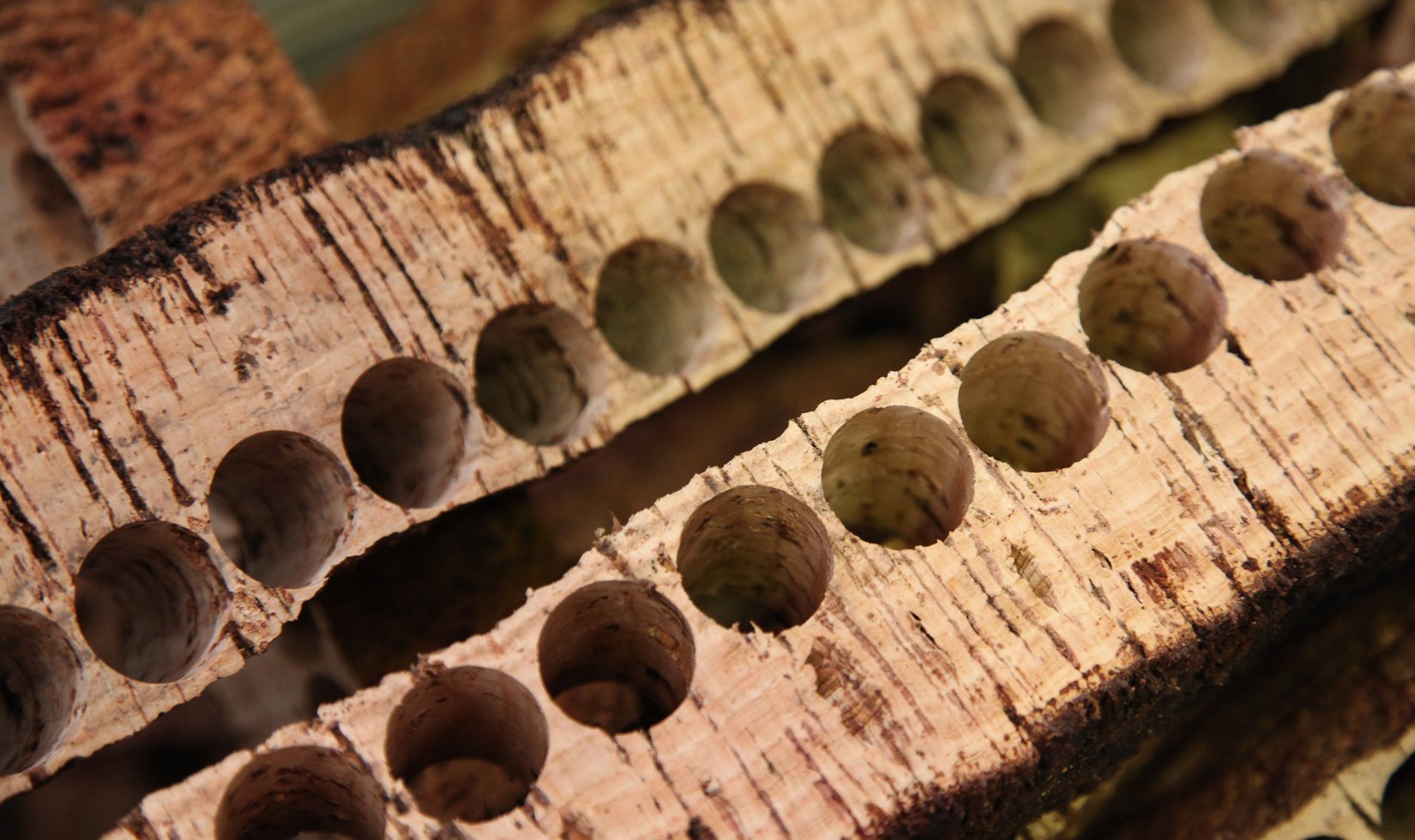
1. Jordan sources only the top 3% quality of natural wine corks from Portugal, the world’s leading producer of wine corks.
The winery and its supplier hand-sort and select only the best 20% of quality corks from the original 3%, declassifying those corks that may have cracks, large holes or other visual imperfections. (Very small holes, called lenticels, are very desirable for high-quality wine corks, as they help the wine breathe and evolve in the bottle due to the tiny amount of oxygen that naturally permeates the cork.)
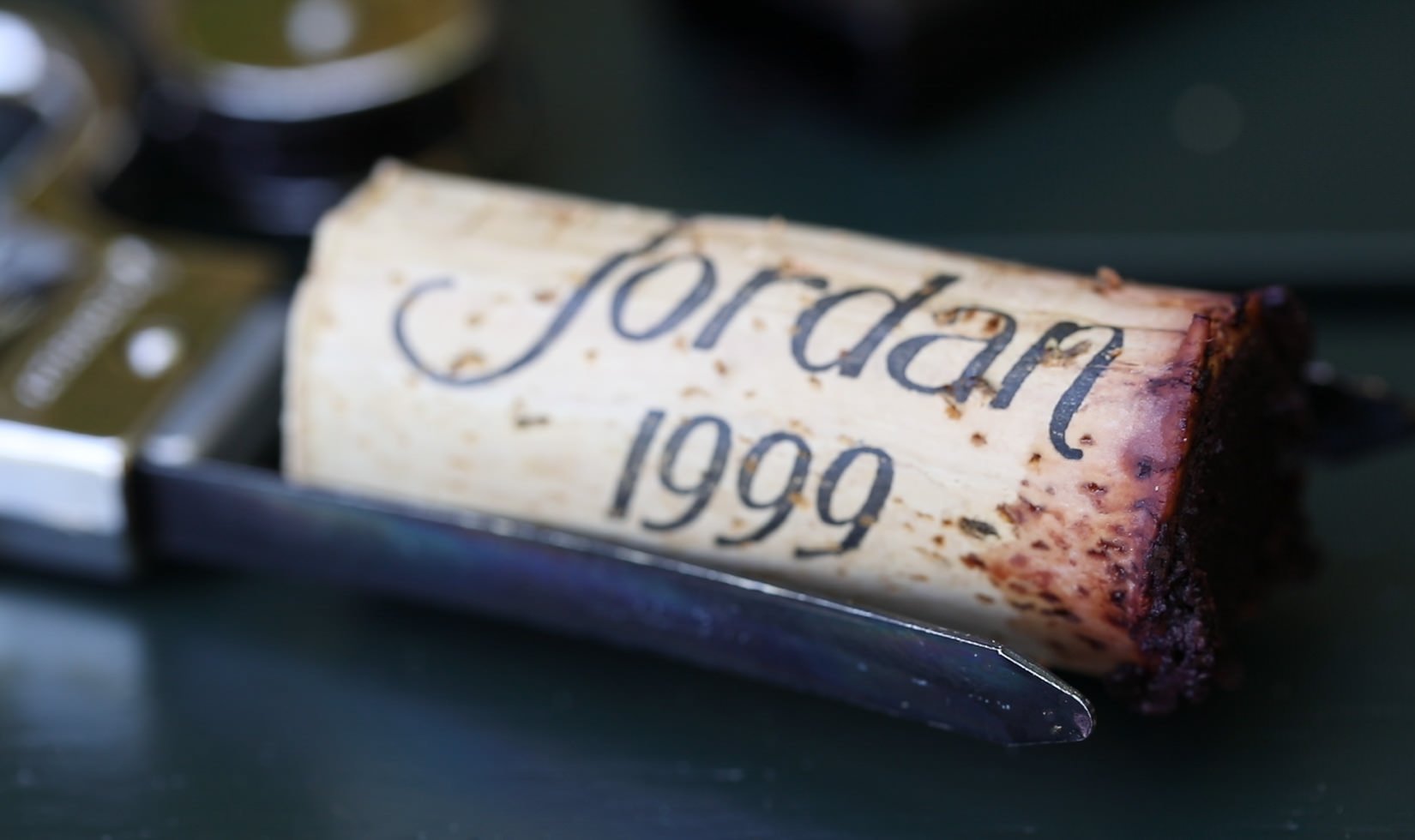
2. A single Jordan wine cork costs an average of $1.10—three times the industry average of about 35 cents, according to the Cork Quality Council.
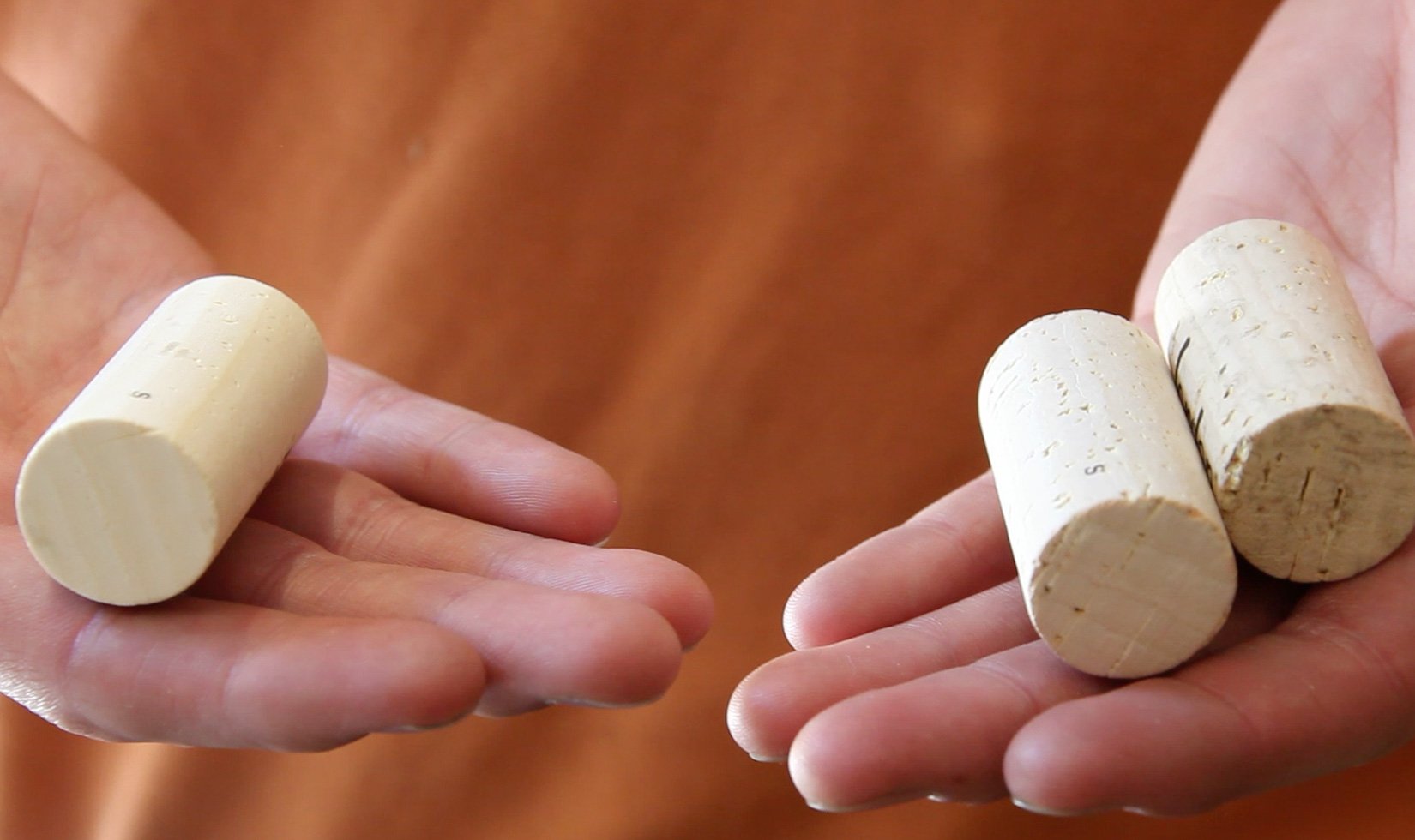
3. Jordan’s winemaking team individually tests every 3-liter, 6-liter and 18-liter bottle wine cork in the winery laboratory for TCA before use to ensure no chance of cork taint in these rare, big bottles.
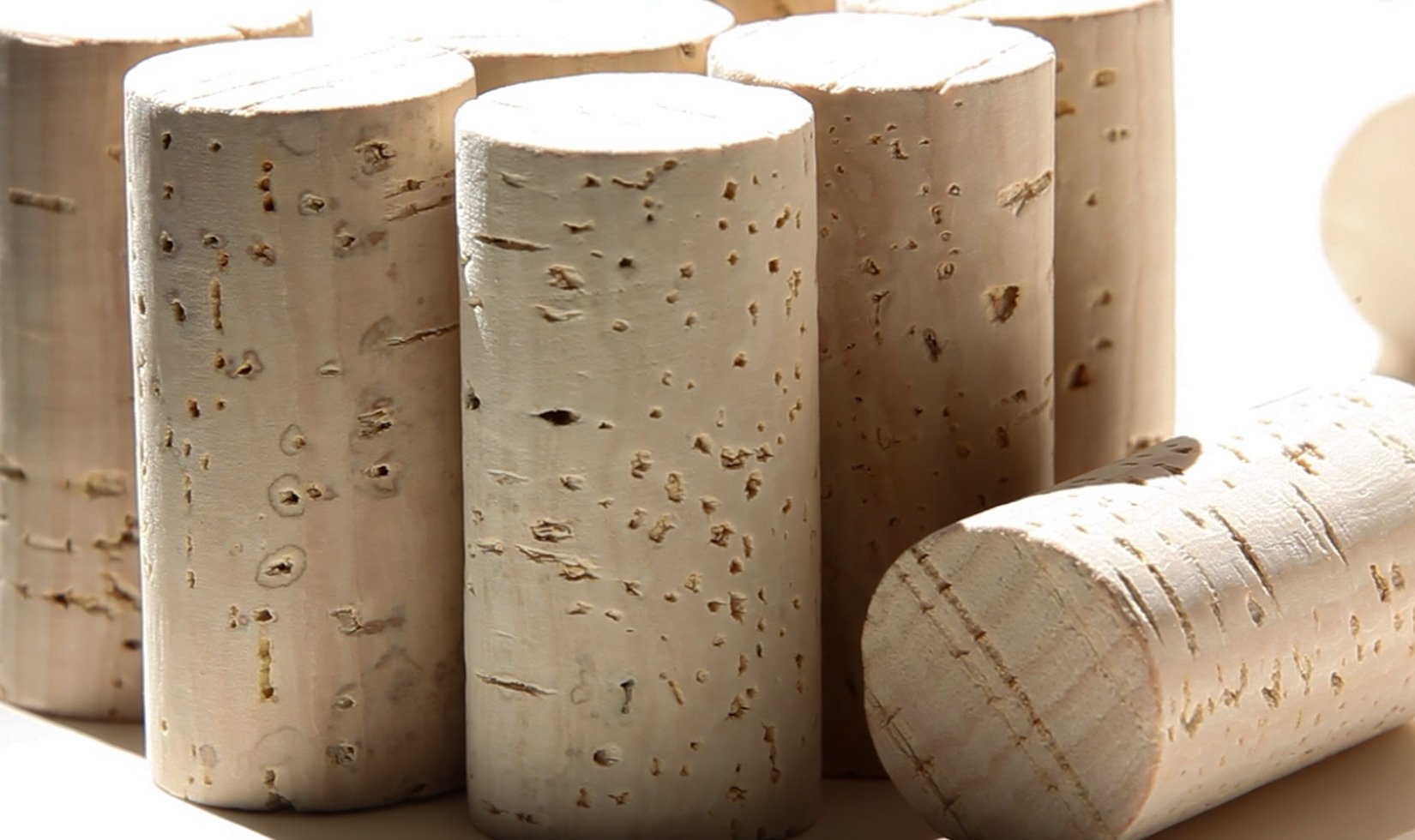
4. Jordan is among the first U.S. wineries to support a new technology that guarantees wine corks to be TCA-free—no possibility of cork taint—before they leave Portugal.
About 10% of Jordan wines are currently bottled with the TCA-free cork, beginning with the 2016 Jordan Chardonnay and 2015 Jordan Cabernet Sauvignon. Due to the high demand and long production process for this exciting new product, 10% is currently the maximum amount available to purchase with increases expected for 2018. A single TCA-free certified cork costs $1.20.
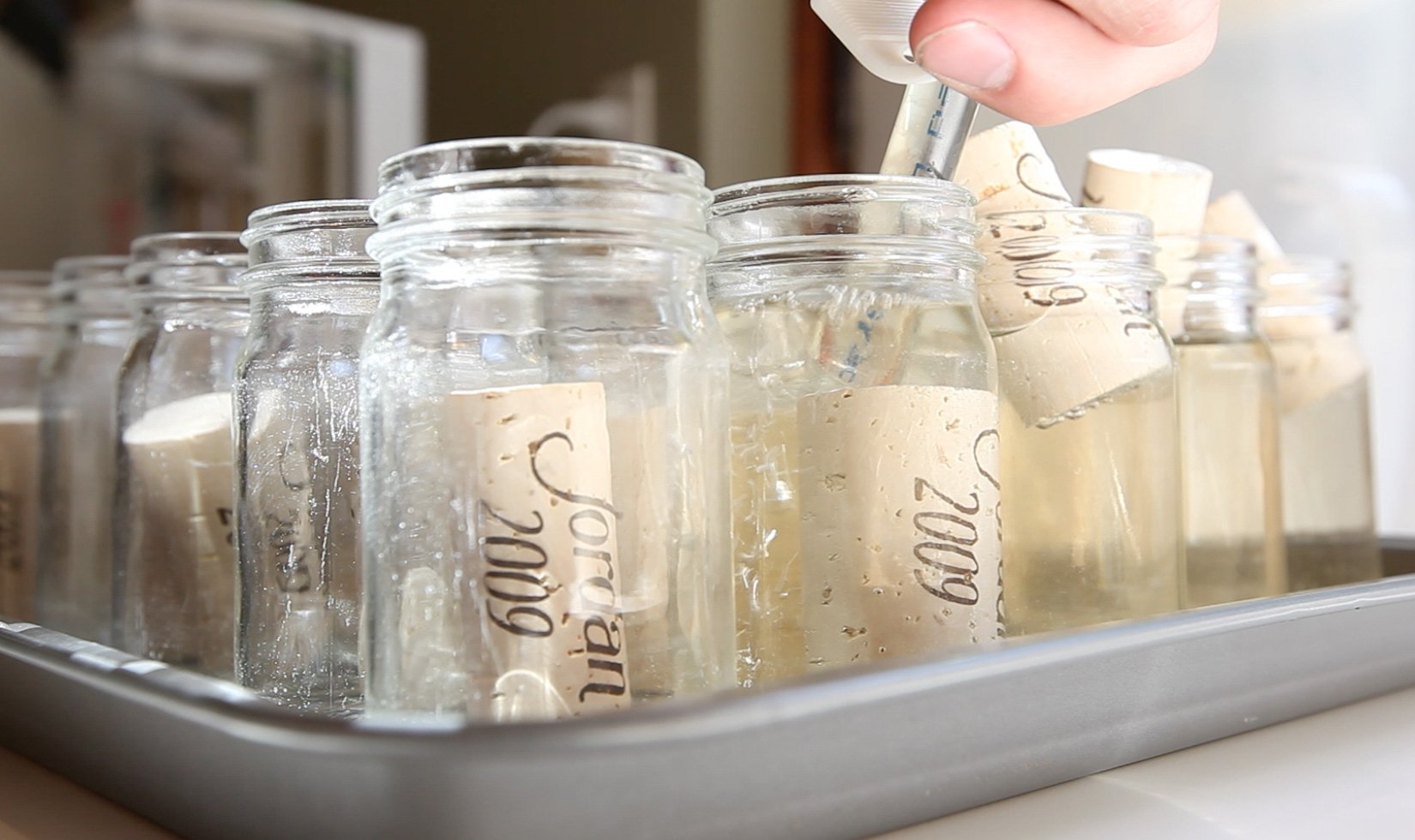
5. It takes the Jordan winemaking team at least two weeks to test wine corks before bottling season.
Using a two-part quality assurance procedure, the winemaking team manually tests and analyzes a laboratory sample of statistical significance from a specific, numbered lot of wine corks for both Jordan Chardonnay and Jordan Cabernet Sauvignon. Corks are brought to the winery unbranded and soaked in a neutral wine and then sent to a certified laboratory for TCA testing. The approved lots of corks are then branded and coated in paraffin before sample sizes from each lot are returned to the Jordan laboratory again for a second TCA testing with the same procedure before all lots are approved for wine bottling.
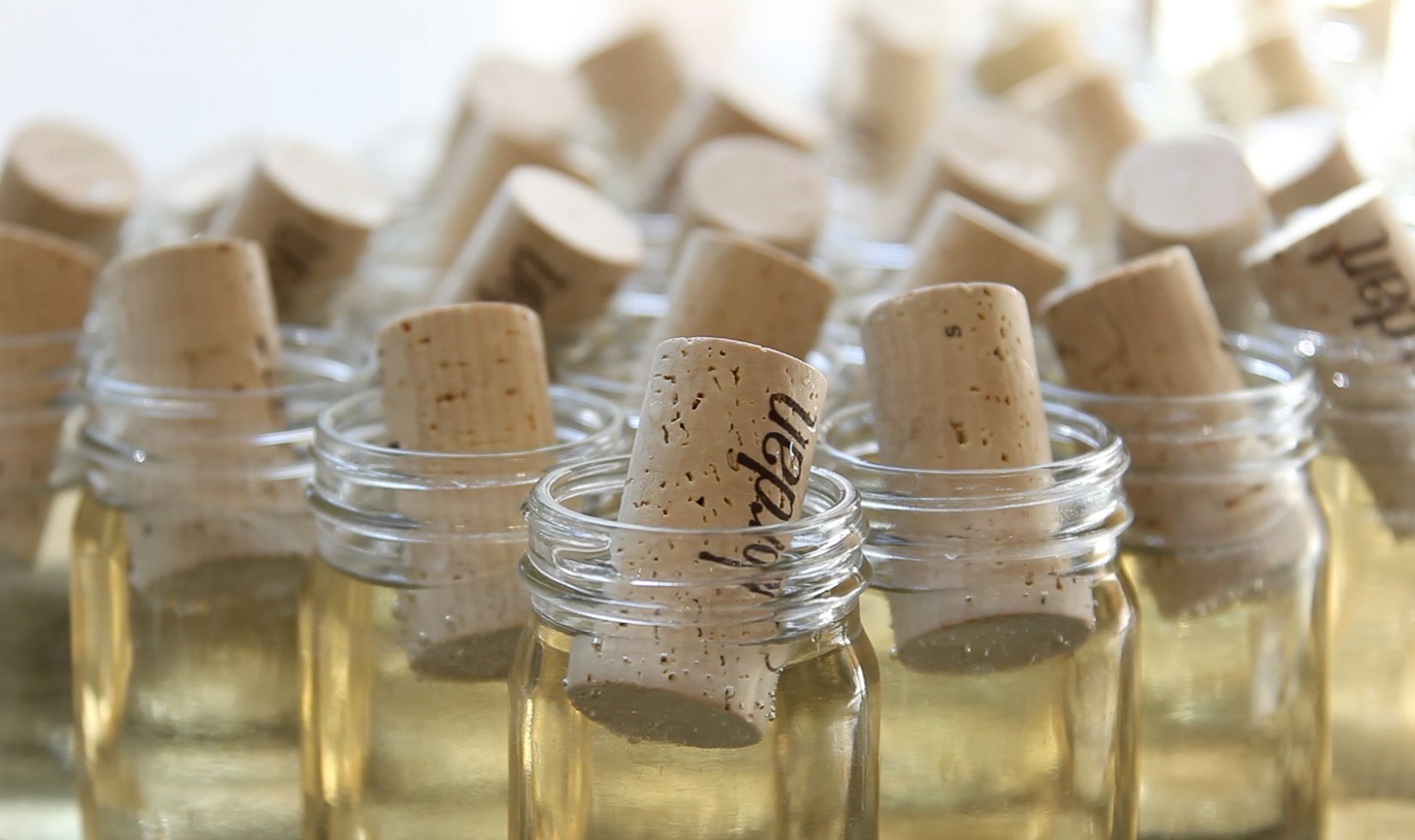
6. Jordan wine cork testing standards help further reduce the occurrence of TCA in bottled wine lower than the industry average of between 0.5%-1.0%, according to the Cork Quality Council.
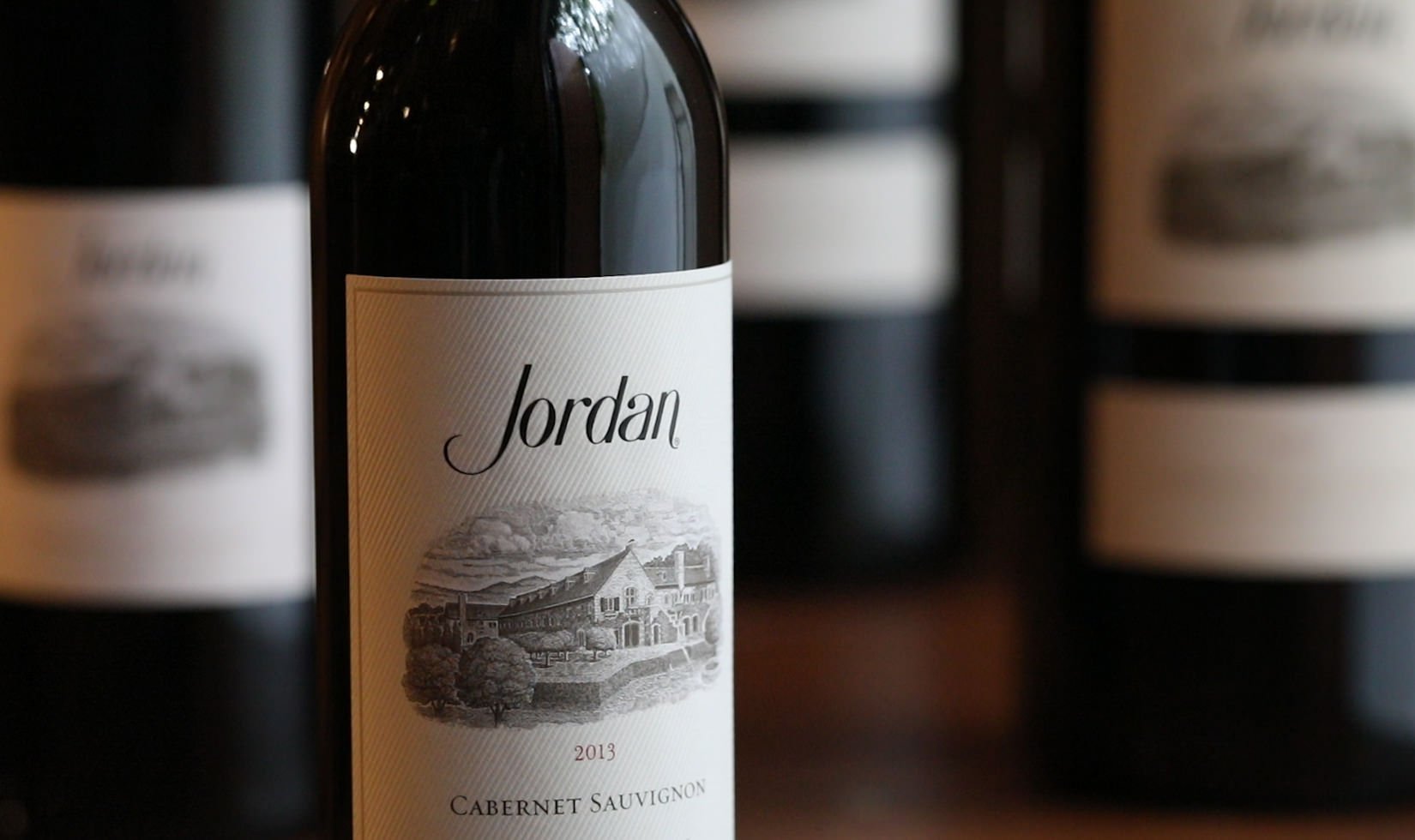
7. Each bottle of Jordan wine is numbered to trace the cork back to its origin.
Jordan bottles are individually laser-etched with a time-and-date identification number, located at the bottom of bottle near its punt, which traces the cork source back to its supplier and also the individual forest in Portugal. There are 6,000 Jordan wine corks assigned to each identification number.
8. Jordan Winery tested screwcaps on Jordan Chardonnay and unanimously preferred cork.
Jordan winemaking conducted an experiment to compare screwcap versus natural cork wine closures with the 2001 Jordan Chardonnay. Ten cases of wine were bottled with screwcaps and tasted alongside the same vintage of wine with a traditional cork closure. Every few months, over the course of five years, the wines were opened and evaluated. Winemaker Rob Davis and his staff unanimously preferred the natural cork closure based on aroma, bouquet and overall flavor profile. The screwcap wine demonstrated no positive development in the aging.
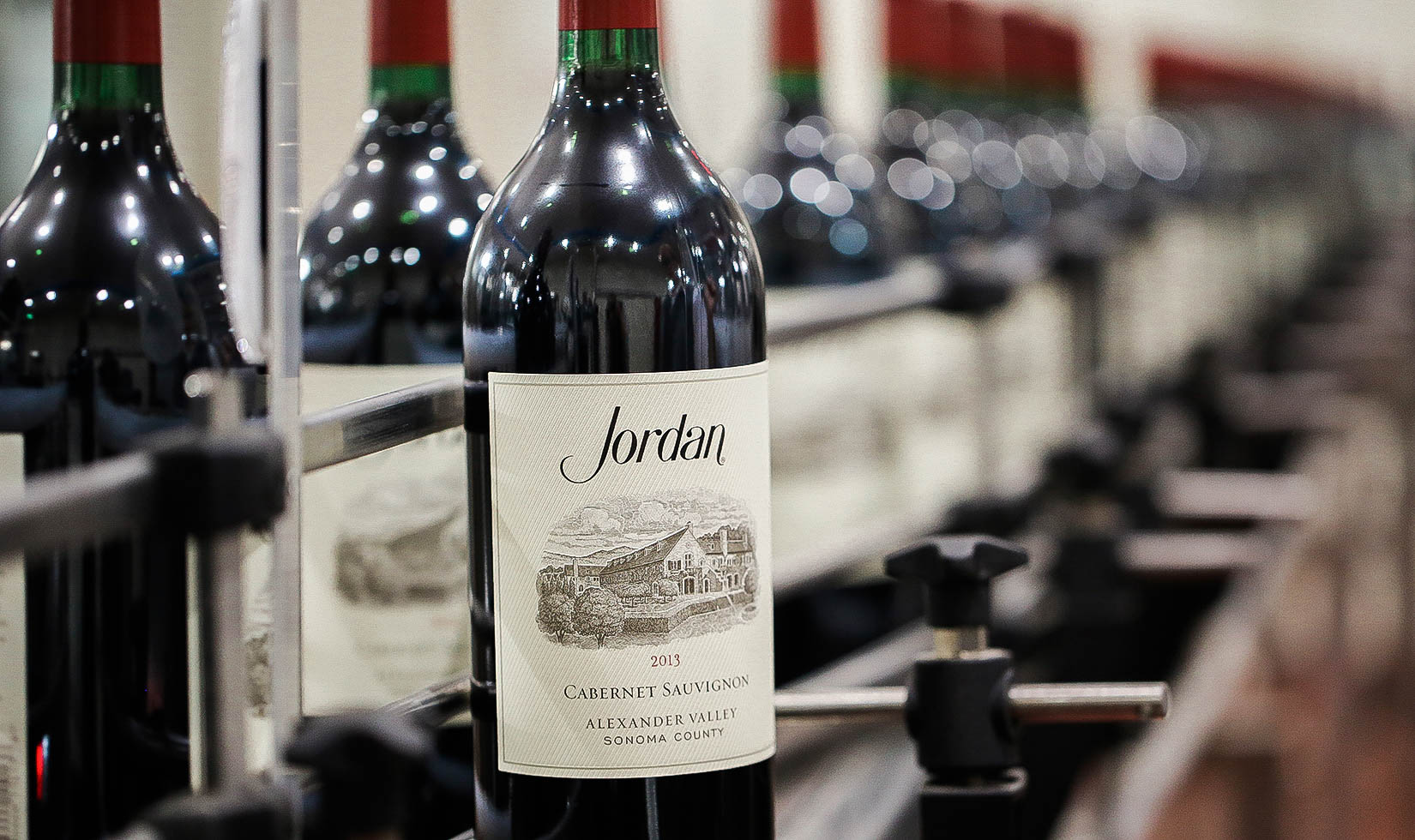
9. During wine bottling season, Jordan staff measure the inner-diameter of the wine bottle necks regularly to ensure that the glass is the perfect dimension for optimal cork insertion.
This winemaking quality control test helps avoid corks that are difficult to extract or that do not fit properly, resulting in leakage.
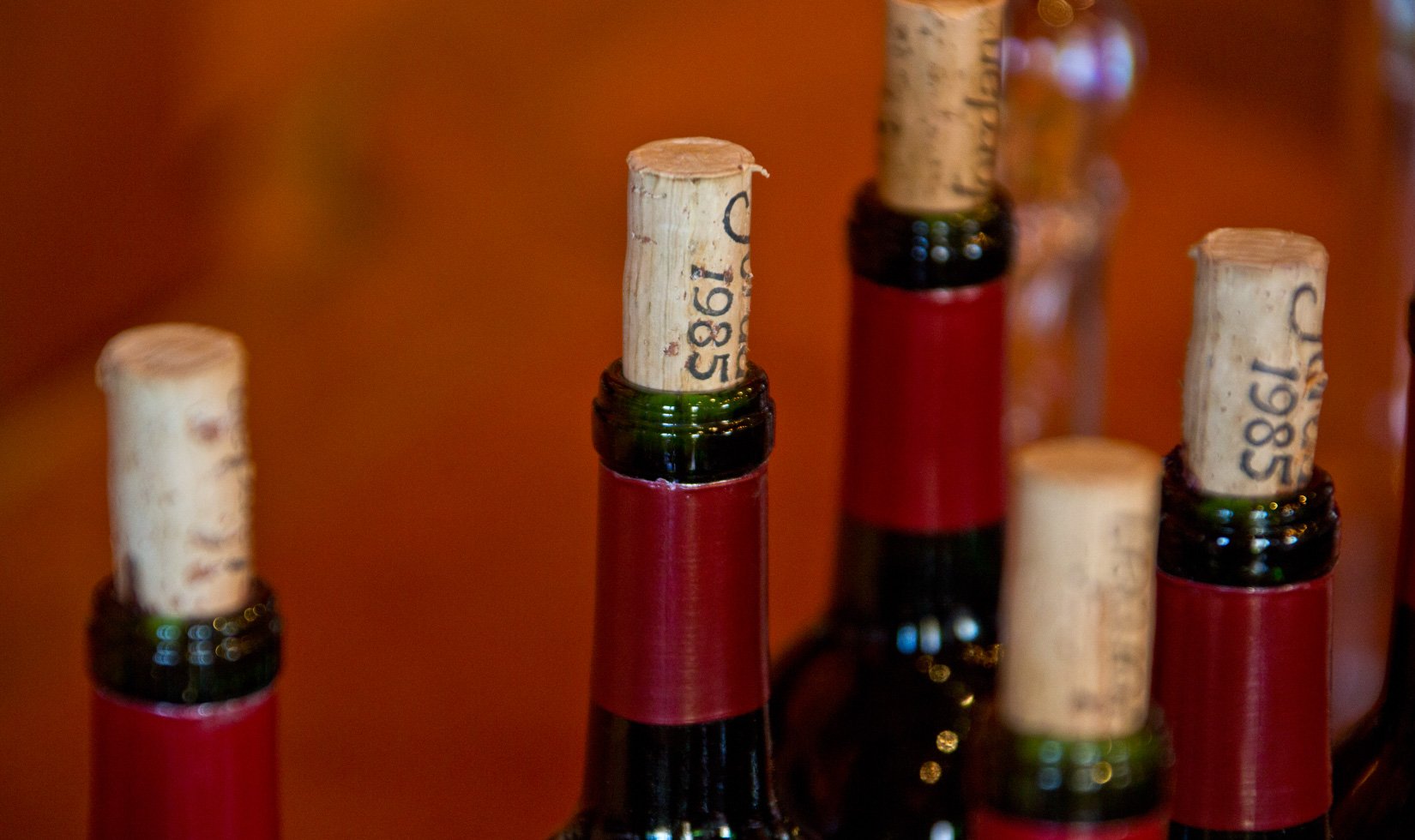
10. Jordan Winery encourages anyone who ever encounters the rare—but not currently unavoidable—corked bottle of Jordan Cabernet Sauvignon or Chardonnay to contact us by email, Twitter or Facebook with a photo of the full (not-consumed) wine bottle and a close-up of the identification number.
In most cases, a replacement bottle will be sent to the customer. Consumers should also send us the cork, so we can re-soak it and test for TCA, recording the actual concentration and sending it to our supplier in Portugal. We are always working together improve the future of the cork industry.
